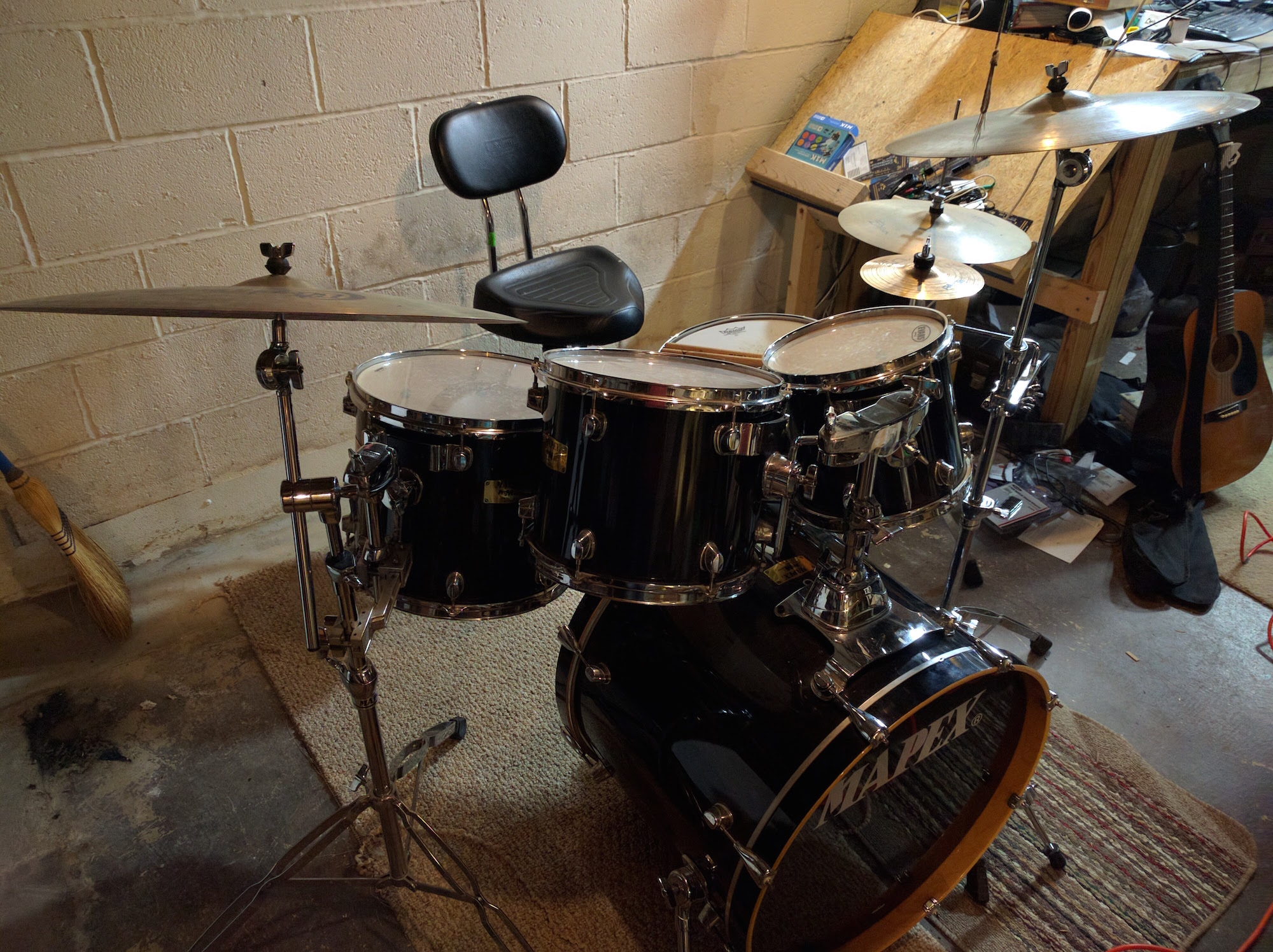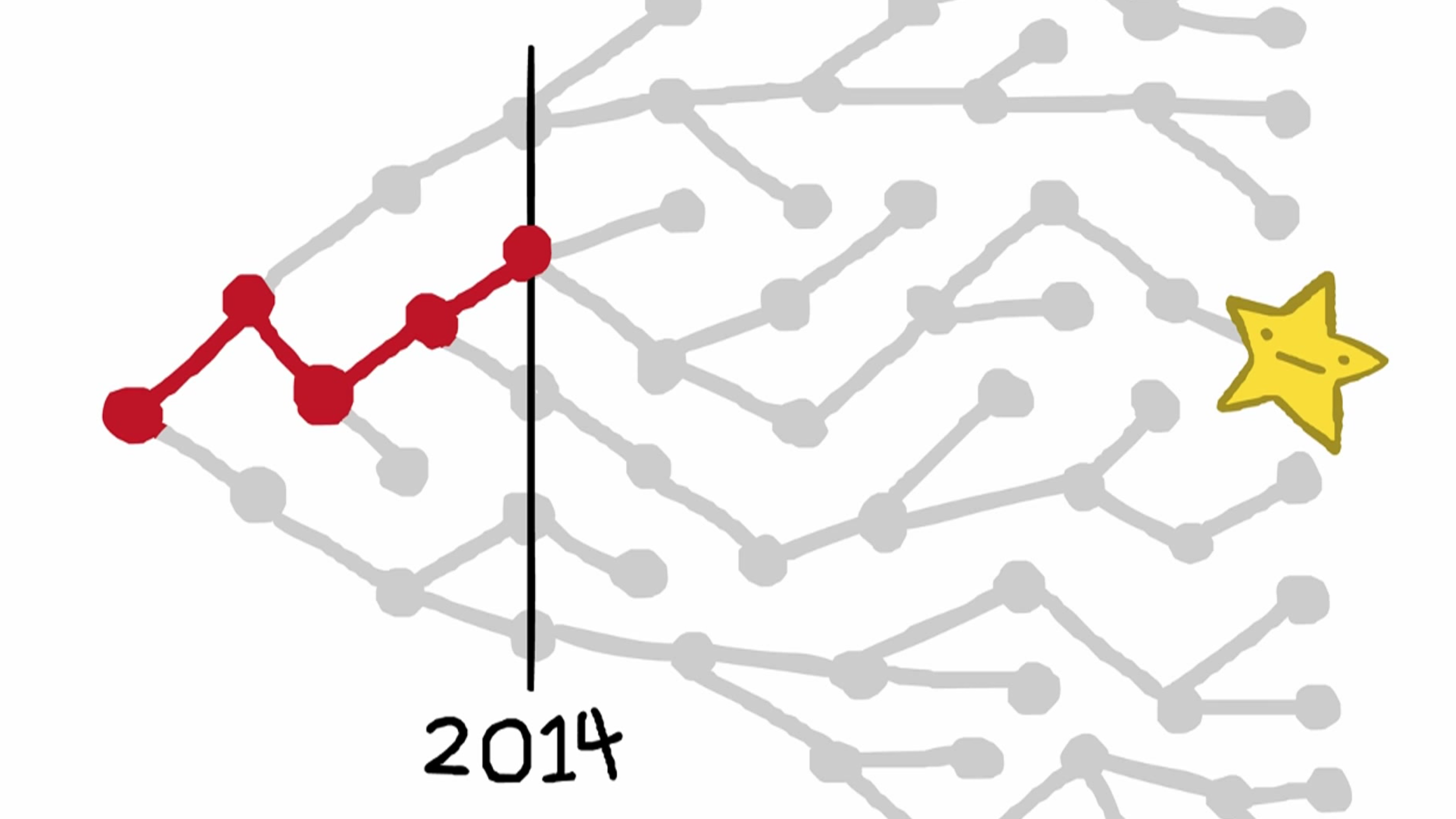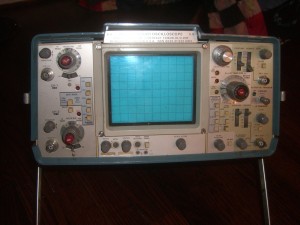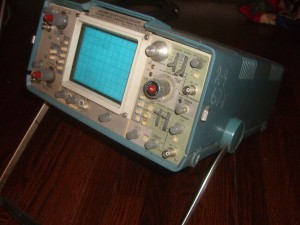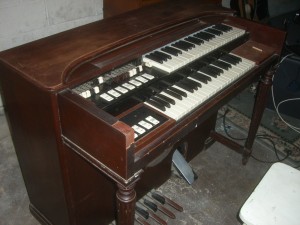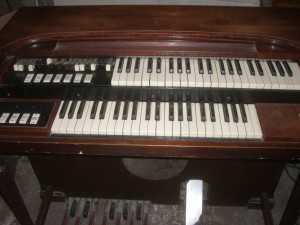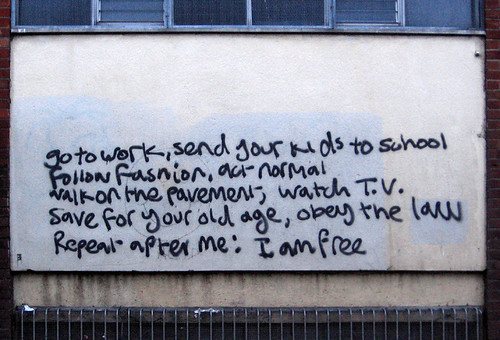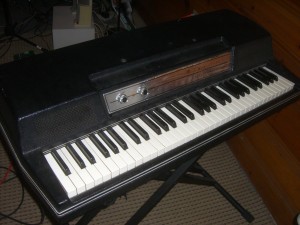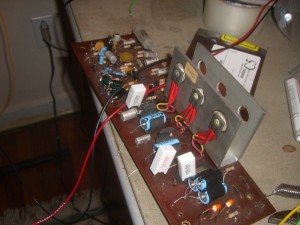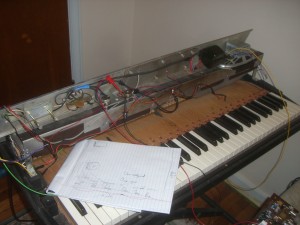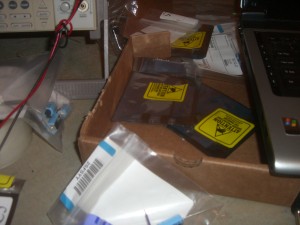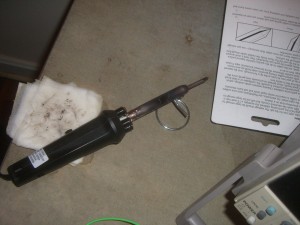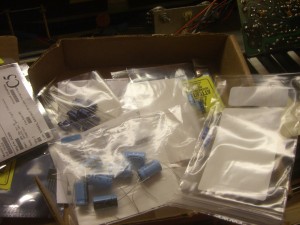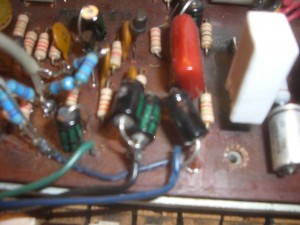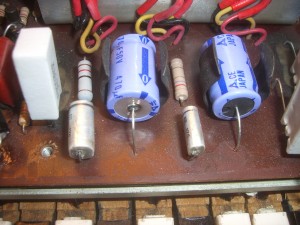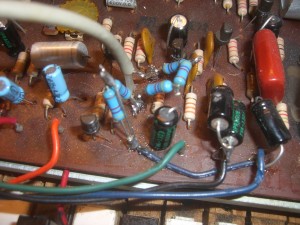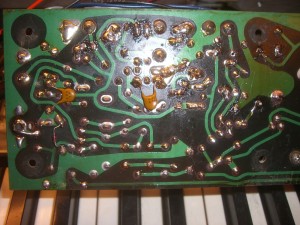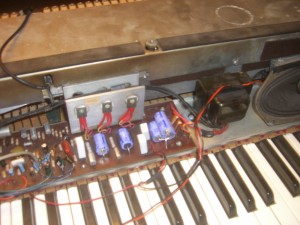I’ve been playing drums since I was 8 years old; sooner than that if you count pots and pans. But if I look at reality, I haven’t been playing drums for a couple years now and finally decided it’s time to pass them on to another person. Well. Sell them.
The drumset itself was nice enough and I played the hell out of it many times. I even used it to record a few songs with my college band and played some fun gigs. I’m not really sad about getting rid of this set of drums. It’s that I know I’m not going to buy another set for a long time. Maybe ever. So it ultimately feels like an identity issue. I used to be a drummer. Now I’m a former drummer. It’s interesting to think about when that transition actually happens.
I’ve already written a bit about the changes in my work priorities, but there have been changes in my personal life as well. It may seem like a silly example, but switching instruments seems indicative of these changes. I play piano (and sing) instead of drums now. What does this mean?
- There are no restrictions on sound or when I can play (I can use headphones with my piano).
- I am making melodic music and singing along.
- I am the lead player, not a backup player.
- I don’t require other people to make fully formed songs (experimental drums-only songs aren’t my thing).
The third one is probably the biggest. I don’t want to be the background music anymore. Plus I have always loved singing and that is a very unlikely proposition as a drummer.
As I wrote in my last post, I’m evaluating what got me to the point where I’m living in the isolated suburbs; but since I’m here, I’ve optimized for not having other people around. Finding bandmates requires that they are on the same schedule as me, like the same music as me and are interested in playing music with me. That’s a pretty narrow set of people. I like playing music too much to wait on others to decide they’re ready to play.
So I will celebrate this next step in my life. It’s really a part of a larger trend, I think. I know the general thing makes me happy (music), but I need to find my place in it so I can continue on (piano). Since I have already moved moved on and I still have music in my life, it makes the transition easier. But maybe I’ll go bang on those drums one last time…
